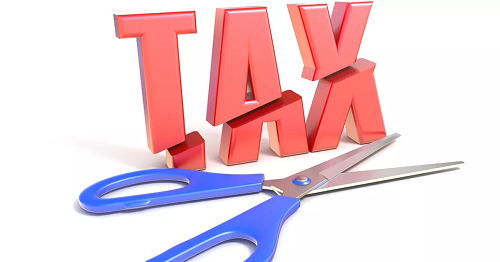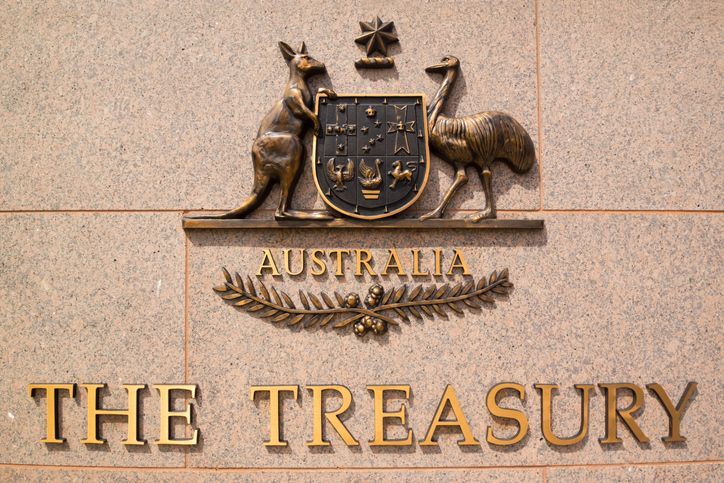The impending obligations on employers
From 1 July 2026, employers will be obligated to pay superannuation guarantee (SG) on behalf of their employees on the same day as salary and wages instead of the current quarterly payment sequence.

The rationale is that speeding up the payment sequence for SG will not only help reduce the estimated $3.4 billion gap between what is owed to employees and what has been paid but will also improve outcomes for employees.
Announced in the 2023-24 Federal Budget, payday super is not yet law. However, given the structural changes required to administer the new law, Treasury has released a fact sheet to help employers better understand the implications of the impending change.
How will payday super work?
Under payday super, the due date for SG payments will be seven days. That is, employers have seven days from an employee’s payday for their SG to be received by their super fund.
There will be exceptions are for new employees whose due date will be after their first two weeks of employment, and for small and irregular payments that occur outside the employee’s ordinary pay cycle.
Over the last few years, employers have moved to single touch payroll (STP) reporting for employee salary and wages. It is expected that payday super will fold into the existing electronic systems, however it has been announced that the Small Business Super Clearing House offered by the Australian Taxation Office will be closed from the 1st of July 2026.
The impact for some employers however will not be the compliance cost of administering the regular SG payments, but the cashflow. Employers will not be holding what will be 12% of their payroll until 28 days after the end of the quarter but instead paying this amount out on the employee’s payday.
What happens if SG is paid late?
The penalties for underpaying or not paying SG will continue to apply under payday super.
Currently, a super guarantee charge (SGC) applies to late SG payments - comprised of the employee’s superannuation guarantee shortfall amount, interest of 10% per annum from the start of the quarter the SG payment was due, and an administration fee of $20 for each employee with a shortfall per quarter. And, unlike normal superannuation guarantee contributions, SGC amounts are not deductible to the employer, even when the liability has been satisfied.
Under payday super, employees are fully compensated for delays in receiving SG amounts and larger penalties apply for employers that repeatedly fail to comply with their obligations.
Unlike the current SGC, the new SGC will be tax deductible (excluding penalties and interest that accrue if the SG charge amount is not paid within 28 days).
Payday super is not yet law. We will keep you up to date as change occurs and work with you to get it right once the details have been confirmed.
LEGAL
Liability limited by a scheme approved under Professional Standards Legislation.
Investngro Pty Ltd ABN 53 113 102 695 trading as Murray Nankivell Financial Planning, is an authorised representative of Count Financial Limited ABN 19 001 974 625 holder of Australian financial services licence number 227232 (“Count”). Count is owned by Count Limited ABN 111 26 990 832 of GPO Box 1453, Sydney NSW 2001. Count Limited is listed on the Australian Stock Exchange. Any taxation and accounting services are provided by Murray Nankivell and are not within the authority Count. The information on this web site is not financial product advice and is provided for information only.






